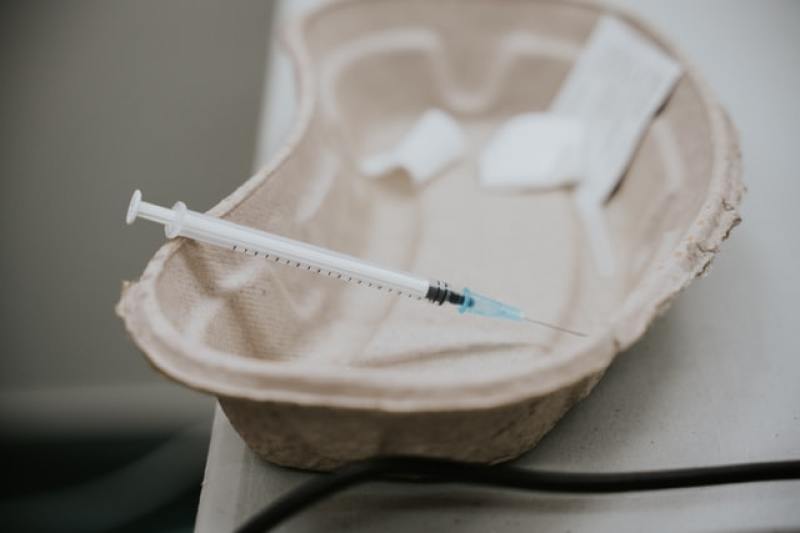
A father of 3 children aged 12, 10, and eight was reported to be denied of his much-needed kidney transplant just because he remains unvaccinated against COVID-19.
LifeSite News said Massachusetts-based Bernard LaPierre was told by the UMass Memorial Health Center that they could not conduct his kidney transplant unless he gets vaccinated for COVID-19. The 37-year-old LaPierre had been diagnosed with Type 1 Diabetes since he was a child. He was hospitalized in 2019 after having a major reaction to a drug prescribed him and was told he would need a transplant since his kidneys were failing. LaPierre's wife, Meagan, would be his kidney donor.
In an interview with LifeSite, Meagan said they have already completed requirements for the dual surgery--hers and his--and inquired about vaccination since they were reluctant to undergo it after her son years ago had a negative experience with multiple injections. Her son suffered diarrhea and ear infections for months. UMass told them that the vaccinations was "their own personal medical choice."
Meagan narrated to LifeSite that there would be a need for Bernard to take multiple vaccinations since the hospital "we want him to have the vaccinations recommended (Hep A, Hep B, Prevnar, pneumovax)" along with the COVID-19 vaccine prior to surgery. The first set of vaccines are said to be STD vaccines that Bernard refused to take since it was "very unlikely for him to acquire sexually transmitted disease from his own wife's organ."
But Bernard's attending physician, Dr. Mary Dawn T. Co, wrote in another progress note last July 7 that the vaccines were necessary to ensure a more successful outcome.
"I explained that vaccines were recommended to get infections in general rather than those transmitted from his donor. We talked about the increased risk of infections post-transplant and the possible compromise of his transplant should he develop an overwhelming infection," LifeSite quoted on Co.
"The patient said he was willing to assume the risks of going without vaccination, but I said that our program is not. I told him that we respected his wishes and concerns but that we, as a program, believe that the benefits of vaccination outweighed the risks and that having these vaccines was important to ensure that he had the best outcome after transplant," Co pointed out.
Bernard eventually agreed to take in the other vaccines except the COVID-19 on the grounds that it is granted by the Food and Drug Administration for Emergency Use Authorization Only. But the hospital retained its stance that he must take all vaccinations since it is their policy.
UMass Memorial Health Center Public Relations Officer Debora Spano told LifeSite in an interview that Bernard, being an immunosuppressive patient is at a higher risk to infection and that the COVID-19 vaccine is safe for him to use.
"Our policy is that we need to have them vaccinated. Immunosuppressive patients are at higher risk for infections and have poorer outcome. We're responsible for his outcomes," Spano said.
"Our physicians are saying that the chances of a major side effect are still better, and the Pfizer vaccine is 93% effective at preventing COVID and you're better to be alive," she added. "Now, if you're the person that dies or ends up with myocarditis (from the vaccine) that's a problem."
LifeSite said they asked Spano if the hospital would be liable in the case of forcing a patient to take the vaccine and the patient dies or gets myocarditis afterwards but avoided the question and pointed out that Bernard is already scheduled for surgery after agreeing to take the vaccination.
"I couldn't answer that for you. The bottom line is he did agree to get the vaccinations," Spano said.
Meagan, however, contradicted Spano's claims and told LifeSite her husband has not consented to the COVID-19 vaccines at all. She added that they found two other hospitals willing to do the surgery without requiring him to take COVID jabs
The LaPierres, per the news report, are faced with the "unreasonableness of being forced to undertake an experimental injection" and has led them to look for other possible alternatives as well, including those that do not require kidney transplants.
"We've hit pause," Meagan said.




























